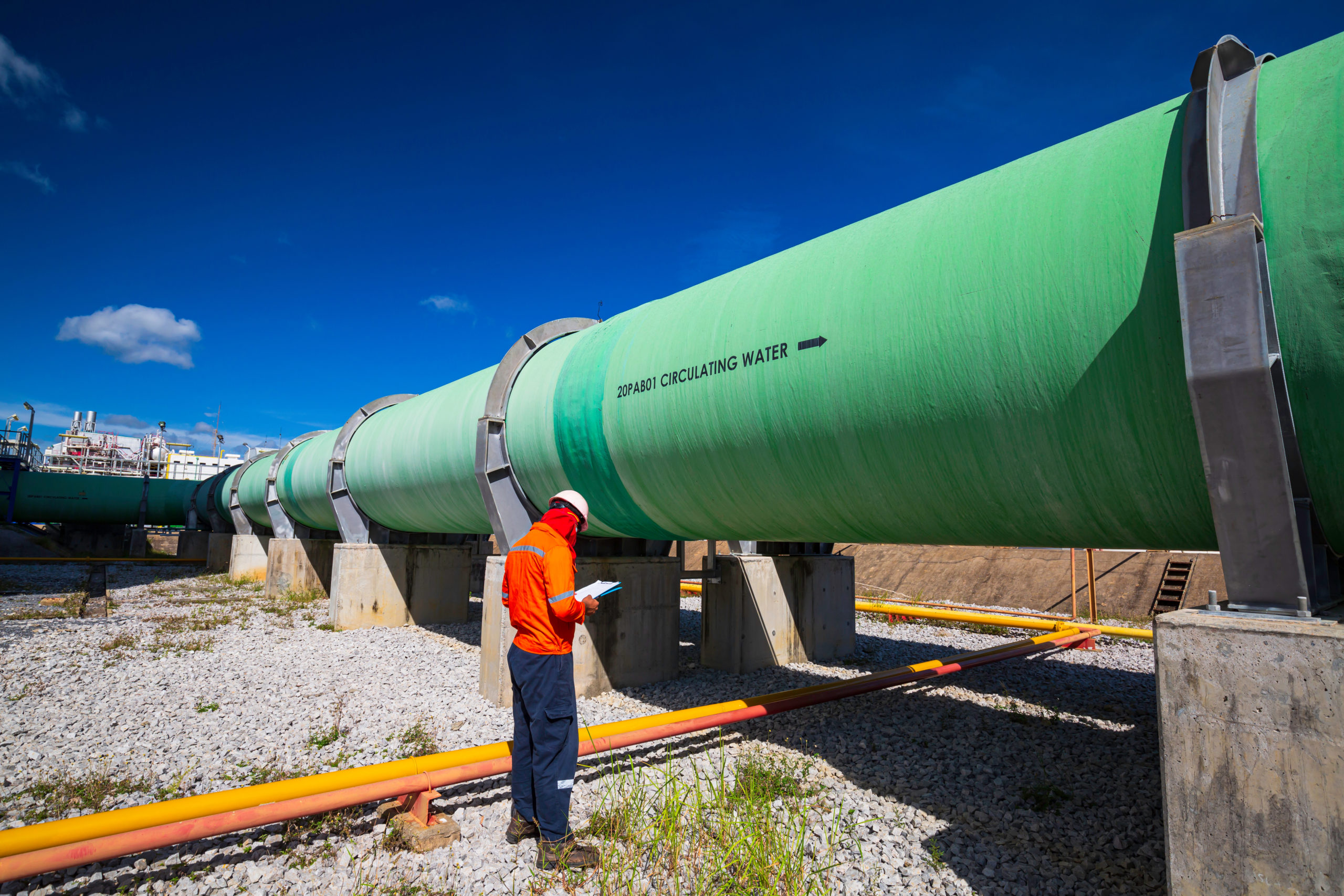The Honorable Donald F. Santa, Jr.
President
Interstate Natural Gas Asscociation of America
10 G Street NE. Suite 700
Washington, DC 20002
Dear Mr. Santa:
As you know, the Committee on Energy and Commerce will be examining the issue of climate change and writing legislation for consideration by the Committee. This is a complex policy area and it is important to have as full an understanding of the facts as possible before the Committee acts.
In order to gain a better understanding of the relevant issues, we would appreciate answers to the following questions. We invite responses of both your organization and, if desired, its individual members. To ensure this information is received on a timely basis, please provide your response by no later than Monday, March 19,2007. Please feel free to send any additional comments you may have on issues pertaining to climate change policy.
1. Please outline which issues should be addressed in the Committee’s legislation, how you think they should be resolved, and your recommended timetable for Congressional consideration and enactment. For any policy recommendations, please address the impacts you believe the relevant policy would have on:
- (a) emissions of greenhouse gases and the rate and consequences of climate change; and
- (b) the effects on the U.S. economy, consumer prices, and jobs.
2. One particular policy option that has received a substantial amount of attention and analysis is “cap-and-trade.” Please answer the following questions regarding the potential enactment of a cap-and-trade policy:
- a. Which sectors should it cover’? Should some sectors be phased-in over time?
- b. To what degree should the details be set in statute by Congress or delegated to another entity?
- c. Should the program’s requirements be imposed upstream, downstream, or some combination thereof?
- d. How should allowances be allocated? By whom? What percentage of the allowances, if any, should be auctioned? Should non-emitting sources, such as nuclear plants, be given allowances?
- e. How should the cap be set (e.g., tons of greenhouse gases emitted, C02 intensity)?
- f. Where should the cap be set for different years?
- g. Which greenhouse gases should be covered?
- h. Should early reductions be credited? If so, what criteria should be used to determine what is an early reduction?
- I. Should the program employ a safety valve? If so, at what level?
- j. Should offsets be allowed? If so, what types of offsets? What criteria should govern the types of offsets that would be allowed?
- k. If an auction or a safety valve is used, what should be done with the revenue from those features?
- 1. Are there special features that should be added to encourage technological development?
- m. Are there design features that would encourage high-emitting developing countries to agree to limits on their greenhouse gas emissions?
3. How well do you believe the existing authorities permitting or compelling voluntary or mandatory actions are functioning? What lessons do you think can be learned from existing voluntary or mandatory programs?
4. How should potential mandatory domestic requirements be integrated with future obligations the United States may assume under the 1992 United Nations Framework Convention on Climate Change? In particular, how should any U.S. domestic regime be timed relative to any international obligations? Should adoption of mandatory domestic requirements be conditioned upon assumption of specific responsibilities by developing nations?
5. What, if any, steps have your organization’s members or its individual members taken to reduce their greenhouse gas emissions? Which of these have been voluntary in nature? If any actions have been taken in response to mandatory requirements, please explain which authority (State, Federal, or international) compelled them?
We realize preparing a response to these questions will take time and effort on your part. We appreciate any help you can provide in furthering our understanding of the significant factual and policy issues involved in the debate concerning potential Congressional action on climate change legislation. Should you have any questions, please contact Bruce Harris, Lorie Schmidt, or Sue Sheridan with the Committee staff at (202) 225-2927.
Due to the delays in the mail deliveries on Capitol Hill, we ask that if possible, please send your response by e-mail (c/o chris.treanor@mail.house.gov) or fax it to the committee at (202) 225-2525. It may also be delivered to the Committee offices at Rooni 2125 Rayburn House Office Building, Washington, D.C. 205 15.
With every good wish.
John D. Dingell
Chairman
Committee on Energy and Commerce
Rick Boucher
Chairman
Subcommittee on Energy and Air Quality
cc: The Honorable Joe Barton, Ranking Member
Committee on Energy and Commerce
The Honorable J. Dennis Hastert, Ranking Member
Subcommittee on Energy and Air Quality





